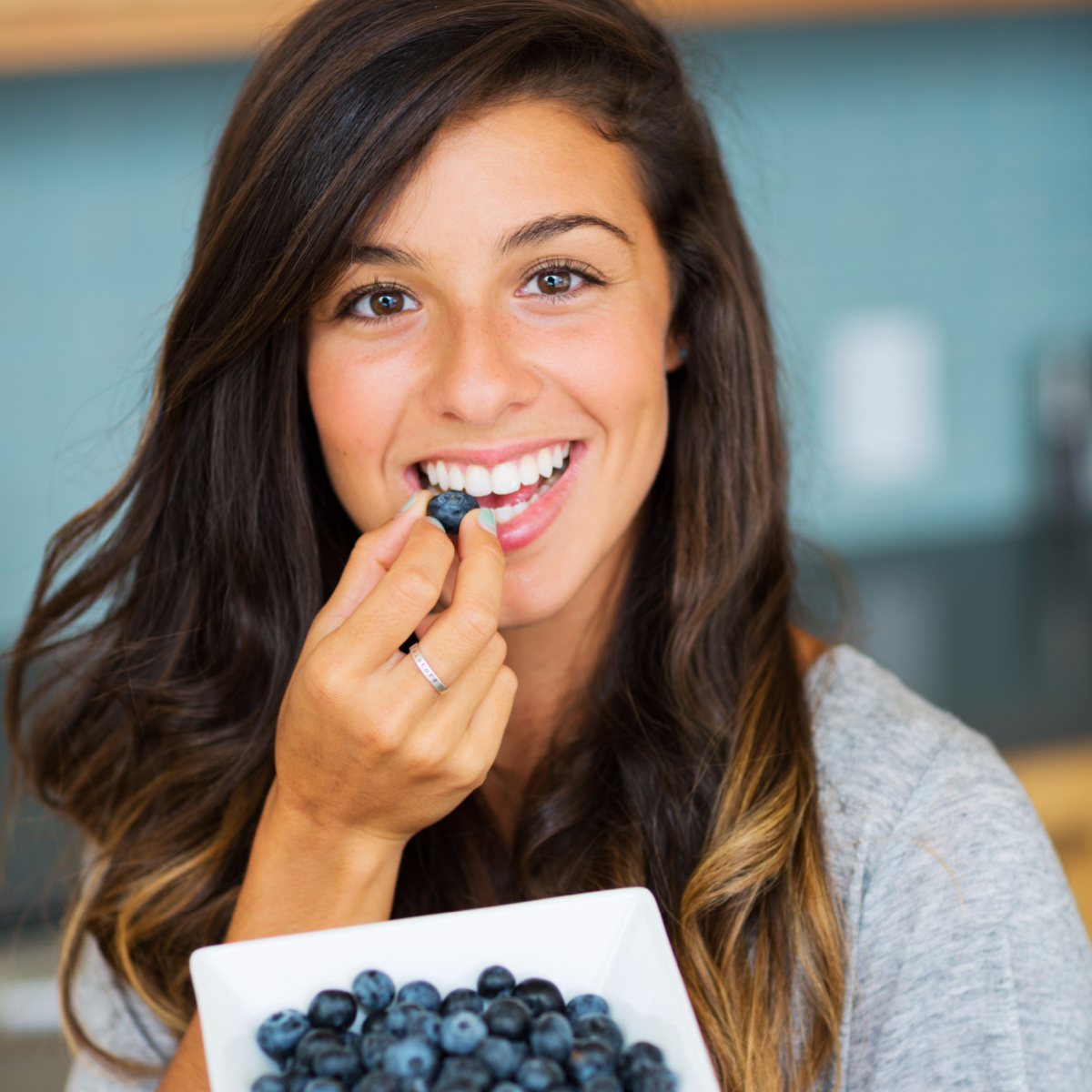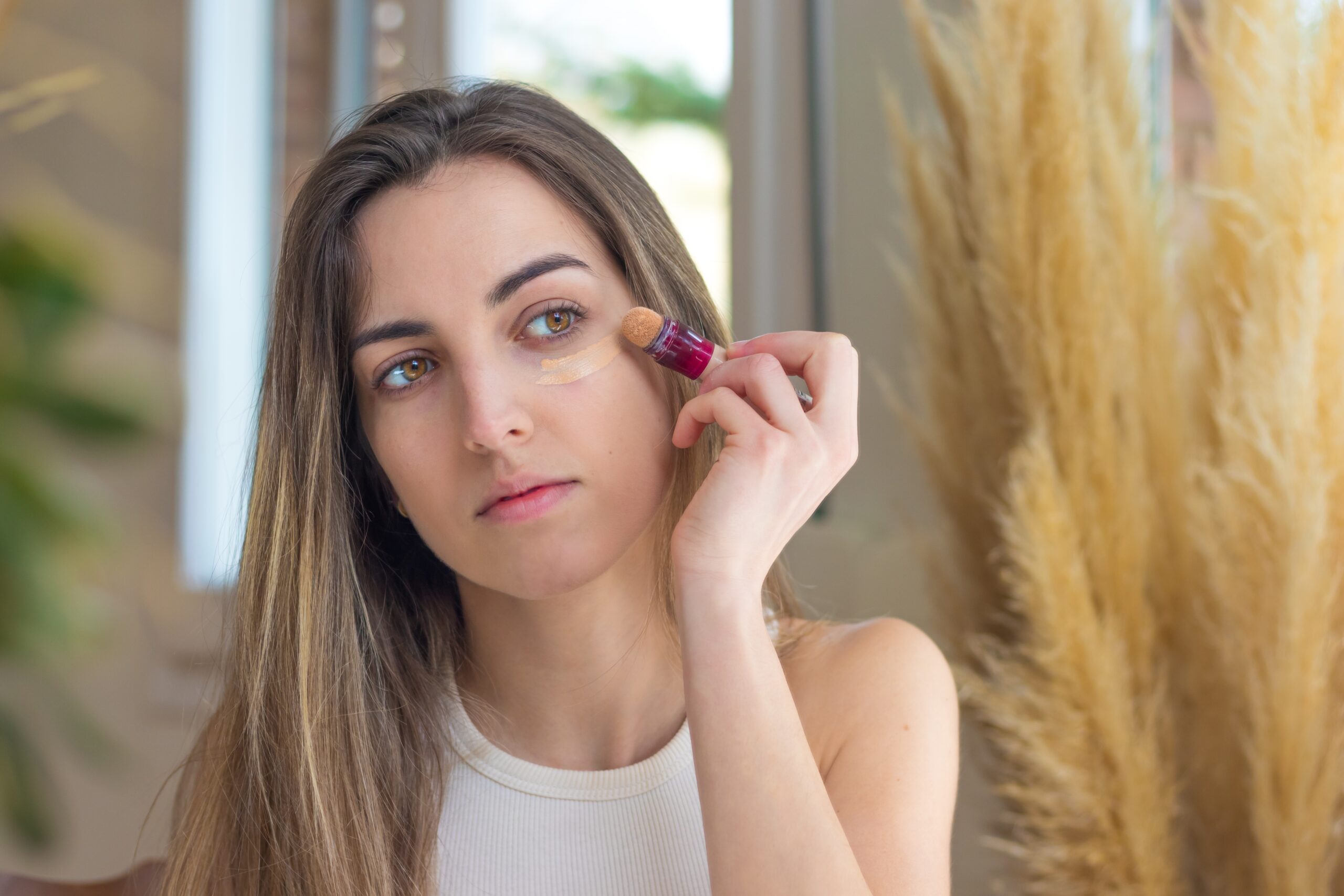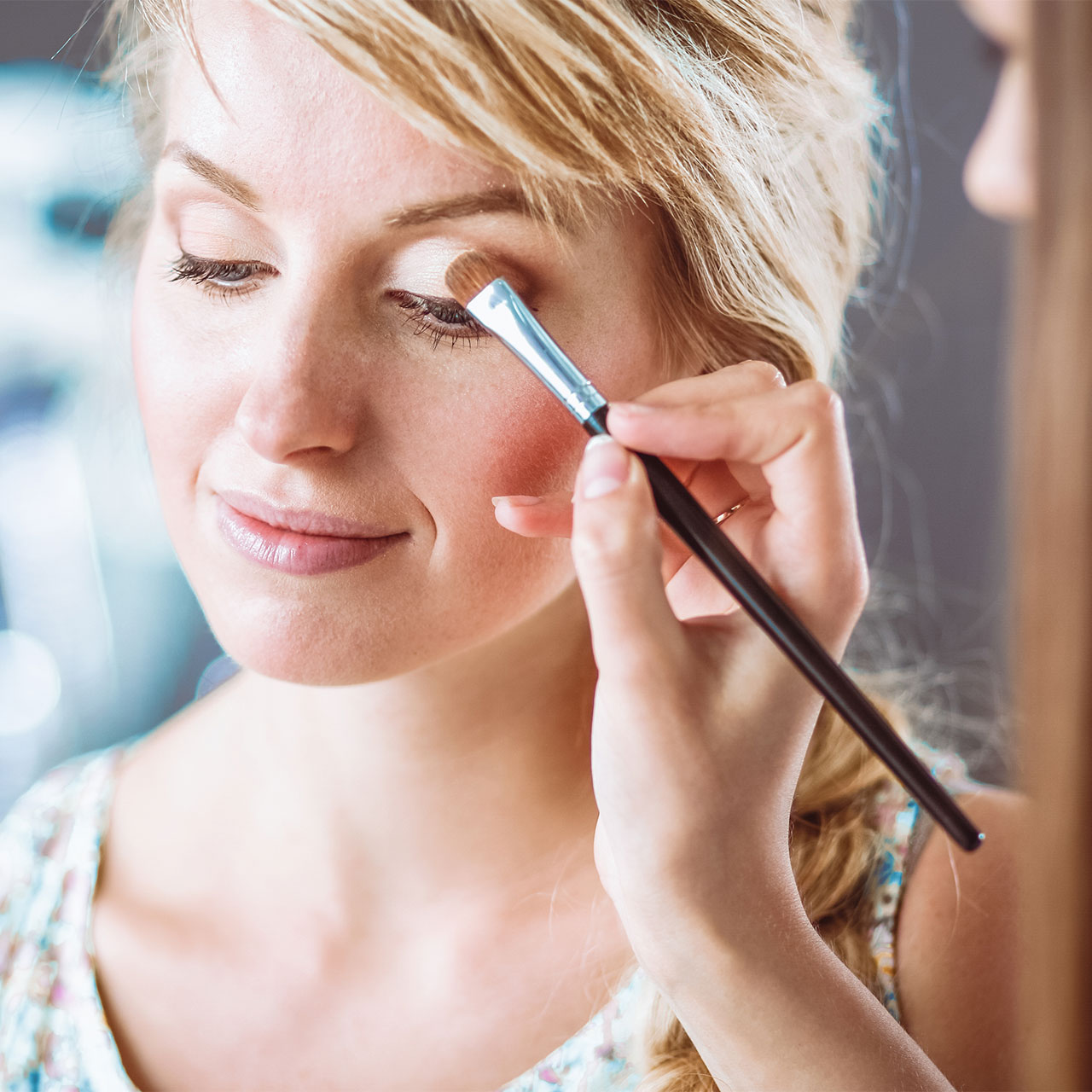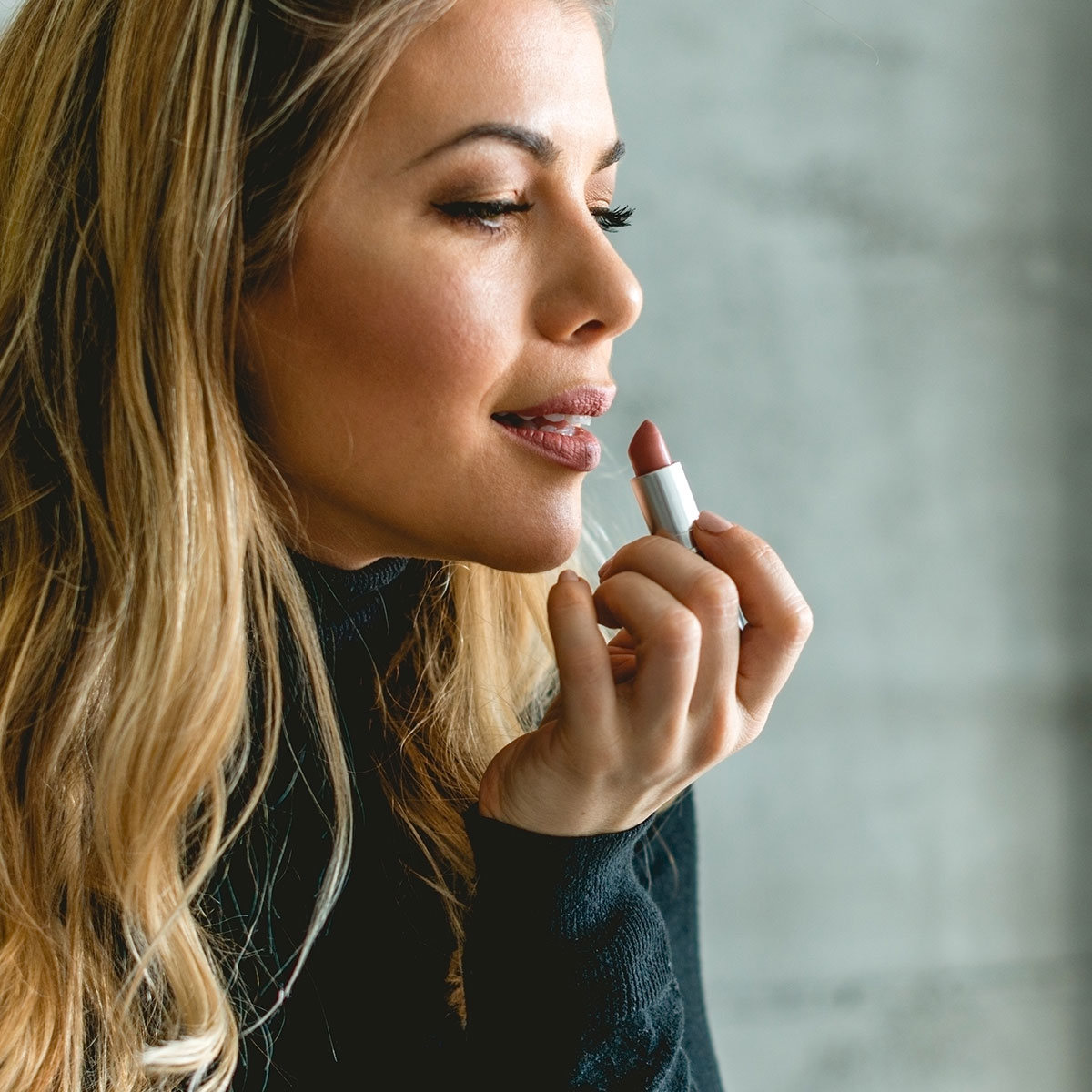This article has been updated since its initial publish date to include more expert insight.
If having smoother, more supple skin and a glowing complexion over 40 is your goal, look no further. Experts tell us that incorporating certain fruits and supplements into your diet can help. We consulted with doctors, skin health experts, and dermatologists to determine which three fruits, three supplements and one powder can help boost collagen production in your body for healthier, younger-looking skin and a more dewy, glowing look.
Read on for tips, suggestions and insight from Dr. Enrizza P. Factor, dermatologist and writer at My Eczema Team, Dr. Emmanuel Loucas, MD, Director of SINY Dermatology and assistant professor of dermatology at Mount Sinai Hospital in New York City, Danuta Dudek-Pellon, PhD MSc, founder and chief chemist at beauty brand, Cotarde, Jordan Dorn, holistic nutritionist, supplement expert and co-founder of Zuma Nutrition, and Dr. Debra Jaliman, MD, NYC-based dermatologist and Assistant Professor of Dermatology at Icahn School of Medicine at Mount Sinai.


7. Collagen-Boosting Habits For Supple Skin:
1. Eat More Blueberries
Since it isn't possible to completely prevent wrinkles from forming with age, staying hydrated and eating a myriad of nutrient-rich fruit is key to maintain a youthful glow. One fruit that is linked to supporting collagen synthesis and that contains healthy antioxidants is blueberries.
Loucas explains that they are "thick in antioxidants, which help protect the skin from daily environmental and internal insults." Additionally, blueberries are rich in vitamin A & C, and the latter fights collagen breakdown.
Loucas says that blueberries are also well-known to have anti-inflammatory properties. "Inflammation is a common denominator for many skin ailments including photoaging, eczema, acne, and rosacea, just to name a few," he points out.

Dudek-Pellon agrees, and adds that blueberries are known as being "some of the most powerful superfoods." She reiterates that they are "full of antioxidants and flavonoids" that actively combat skin aging by neutralizing free radicals."Free radicals are responsible for skin's accelerated aging by loosening its elasticity, thus forming fine lines, and then wrinkles," she explains.
Apart from being a "great source of the crucial to anti-wrinkle flavonoids," Dudek-Pellon says that these berries also contain plethora of vitamins, including vitamins A, C and E, all "known for their anti-wrinkle action by boosting skin's collagen production."

2. Add More Pomegranates To Your Diet
Factor notes that you’ve probably heard the saying, "you are what you eat." When it comes to "how well your skin ages, this is especially true," she says. She adds that pomegranates are "high in anti-inflammatory or antioxidant properties" that may "improve the skin’s elasticity and protect against skin damage and premature aging." Eating just one pomegranate gives you about "28 mg of vitamin C," according to WebMD, which is almost "50 percent of your daily recommended intake."
Adding more vitamin C to your diet through pomegranates can "be effective at preventing the onset of wrinkles," Factor continues. She stresses that this eating this nutrient, along with "drinking plenty of water, protecting your skin from the sun, not smoking, and managing your stress" plays a key role when it comes to "keeping your skin healthy and youthful."

3. Try Avocados In Your Daily Menu
These fruits are rich in vitamin E, and Factor says that they also help fight free radicals and boost collagen. Vitamin E found in avocados, she adds, "helps to brighten a dark complexion and also helps to fight dullness." In addition, avocados are also a "very rich source of antioxidants," and have many compounds that are "essential for health as they scavenge the free radicals, slow down the aging process and age-related deterioration."
If you struggle with dry skin, one great ingredient found in many "moisturizing and hydrating products," Factor says, is avocado oil. Using this will "keep your skin moisturized" throughout the day if applied in the morning. Whether you eat more avocados or use oil made from them, this will only "strengthen the skin, which could also fight inflammation and irritation," Factor continues. She concludes that this can ultimately "strengthen the skin's immunity." Sounds good to us!

4. Take L-lysine Supplements
L-Lysine is an amino acid that is a primary building block of collagen, Dorn says. He notes that the body requires up to 2-3 grams a day for “optimal collagen synthesis,” an amount that is difficult to obtain from diet alone.
“As important as collagen is, I do not recommend taking a typical collagen supplement,” Dorn says, as most collagen supplements on the market come from animals, which “not only often contain the numerous toxins that industrial agriculture animals are fed,” but are also “very difficult” for the body to use.
The collagen molecule, in its whole form, is an extremely large molecule that the body cannot effectively break down and utilize, he continues, as he finds it “far more effective to take the specific nutrients,” like l-lysine, that allow your body to generate its own collagen naturally, “as it always has.”

5. See If L-Proline Supplements Work For You
L-Proline is another amino acid that is also an essential component of collagen and the elastin fibers that support connective tissue, Dorn says. “L-Proline works in concert with L-Lysine to synthesize collagen, and collagen synthesis requires 1000mg of proline, which like L-Lysine, can be a difficult amount to obtain from diet.”
Collagen, Dorn adds, gives skin the ability to move, stretch and rebound into shape, and this is known as skin elasticity. “Collagen is not just in the skin, but in our glands, organs, bones, heart valves, brain, liver and lungs as well,” Dorn says.
Unfortunately, he continues, after the age of 30, “collagen levels in the body drop 1-2 percent each year, and by age 45 the average person has already lost up to 30%,” leading to wrinkles and a loss of skin elasticity.
With that said, taking supplements like L-Proline help you “take the precursors and building blocks that allow your body to synthesize its own collagen,” Dorn stresses, so you can “naturally produce collagen daily and your skin health will improve significantly because of it,” taking on a more tone and firm appearance.

6. Opt For Vitamin C Supplements
If you already take the popular and effective vitamin C, good news! If not, or if you only obtain this nutrient through foods like fruits and vegetables, Dorn says there are notable skin-loving benefits to taking an additional supplement as well.
Collagen synthesis, Dorn says, cannot occur without vitamin C. “Vitamin C is responsible for many reactions in the body, specifically the manufacture of the collagen and protein that makes up 80% of our connective tissue,” he explains.
Vitamin C is also a powerful antioxidant that can help fight off free radicals and reduce inflammation in the body, he adds, another reason why it benefits skin health. “The body requires 1000mg of Vitamin C in order to manufacture collagen,” he notes.

7. Mix Collagen Powders Into A Glass Of Water
When thinking about the best daily drinks that help promote a more radiant, glowy complexion in anyone’s aging skin, green tea or orange juice might come to mind. While these drinks are certainly great for your health and skin, Jaliman recommends a simpler option, one that can be paired directly with a product designed to promote more youthful-looking skin.
“Collagen consumption can increase skin elasticity and can help your body’s skin repair process,” she concludes, “thus encouraging your body to form new collagen.” For more information and to preserve and take care of your optimal skin, visit your dermatologist for more personalized advice.


























